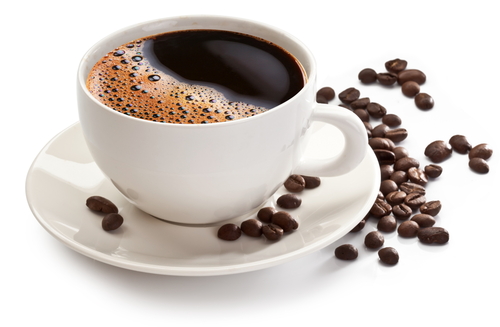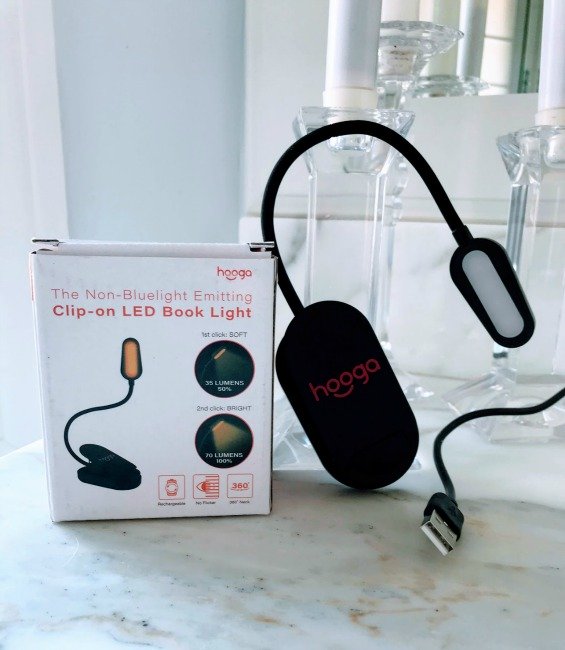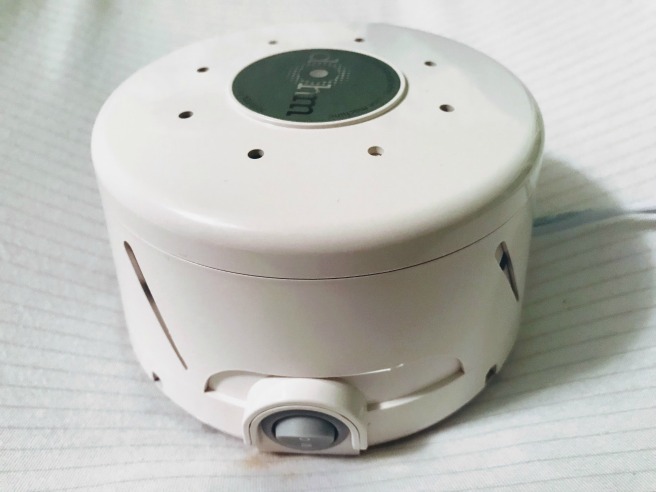Insomnia in Seniors
Insomnia in seniors is not uncommon but that doesn't mean a good night's sleep is not possible. There are many lifestyle and health changes that occur in the senior population that affect their ability to sleep well at night. Here are some of them.
1. Lack of Exercise
My father owned a hardware store and nursery and was on his feet from sunrise to sundown and would fall asleep instantly every night.
When he retired in his 70's he found that he was having a harder time falling asleep. His wise doctor told him, "Dick, you are not as active as you used to be. You need to go back to work or get some exercise."
Those
who have arthritis, back pain or other physical conditions find that
they become more sedentary which is a contributing factor to insomnia in
seniors.
2. Going to Bed Earlier
Many seniors lose energy as the day progresses and find it difficult to stay awake until 9:00 or 10 PM.
My 93 year old aunt is often is in bed and asleep by 7:30 PM. That means she has had 8 hours of sleep by 3:30 AM. So waking up early in the morning is not a sign of insomnia or sleep deprivation for someone like her.
3. Lack of Exposure to Sunlight
One change to the eyes affects not only our vision, but our ability to sleep well. The clouding or yellowing of the lens, known as cataracts, interferes with the body's circadian rhythm. The circadian rhythm is also known as our internal clock - it helps us to be energized when we wake up and to slow us down in the evening. Sunlight is critical for our internal clock to be regulated and to function properly.

However our internal clock needs continual help and "the clock is not absolutely perfect and needs to be nudged every day, according to Dr. David Berson, who studies how the eye communicates with the brain. He believes that the eye's play a clear role in syncronizing the circadian rhythm. "Anything that affects the intensity of light or the wavelength can have important consequences for the synchronization of the circadian rhythm ..." says Dr. Berson.

As one ages, less sunlight gets through the lens to the retina. Did you know that the retina is critical for regulating our circadian rhythm? The rods and cones, or photoreceptor cells in the retina, absorb sunlight and then transmit to the brain messages that help to regulate our time-keeping clock.

"We believe that the affect is huge and that it's just beginning to
be recognized as a problem" says Dr. Patricia Turner, an ophthalmologist
in Leawood, Kansas. Dr. Turner recommends that as people age, a more
concerted effort needs to be made to expose themselves to bright
sunlight and to get outdoors. Seniors tend to spend more time indoors
increasing their risk of getting their circadian rhythm off.
A
Swedish study found that the incidence of insomnia and daytime
sleepiness was significantly reduced in patients who had cataract
surgery to remove clouded and yellow lenses and had clear intraocular
lenses implanted. It is believed that cataract surgery results in higher
levels of melatonin being produced to help mitigate insomnia in seniors.
4. Evening Eating Habits
I was trying to help my friend's 85 year old mother who was having problems falling asleep at night. She had been on multiple prescription sleeping pills with none helping her insomnia. In fact with one prescription she woke up in her bed only to find that she had gotten up during the night to eat ice cream and had the melted ice cream and ice cream carton to prove it.

After much probing, I found out that my friend's mom would sit in her recliner in the evening to watch TV and would eat an entire bag of candy. Not just a small bag either. When I suggested she should quit the candy, the suggestion was not well received. I guess she liked her candy more than sleep. Sugar can stimulate the body in such a way that it interferes with the body's ability to fall asleep.
5. Evening Drinking Habits
As we age, our bodies respond to caffeine side effects differently than when we were younger. I can remember drinking cups of coffee late at night to try to help me stay awake to study when I was a college student - it didn't help me at all.

Now I have almost completely eliminated caffeine from my diet as I have become more sensitive to the effects of this stimulant.
Try to drink
most of your liquid or water during the day and cut back in the evening.
Even a cup of tea before bed can mean getting up more frequently at
night to go to the bathroom. For someone who has trouble falling back
to sleep try to minimize any sleep disruptions.
Magnesium Supplementation
"Nearly 50% of older adults have insomnia, with difficulty in getting to sleep, early awakening, or feeling unrefreshed on waking. With aging, several changes occur that can place one at risk for insomnia, including age-related changes in various circadian rhythms, environmental and lifestyle changes, and decreased nutrients intake, absorption, retention, and utilization."

"Supplementation of magnesium appears to improve subjective measures of insomnia such as ISI score, sleep efficiency, sleep time and sleep onset latency, early morning awakening,..."
J Res Med Sci. 2012 Dec;17(12):1161-9.
High Oxalate Diet
With all the latest craze of eating superfoods like spinach, dark chocolate, and sweet potatoes many health experts are missing the significance of oxalates found in these foods.

According to nutritionist, Sally K Norton, oxalic acid is "a naturally occurring tiny molecule that is a toxic, corrosive acid...Oxalate likes to form crystals" which leads to a host of health problems from kidney stones to joint pain to yes sleep problems. Oxalates accumulate over time which means the older we are the more oxalates we have stored in our tissue, joints, and brain.
"Older people have less efficient function of their kidneys and digestive processes, and more years of oxalate exposure and accumulation. They may thus be especially vulnerable to the toxic effects of oxalate." Sally K Norton
Stress, Mood and Metabolism Test
You can also get tested for hormonal imbalances that may contribute to your sleep problems. The Complete Stress, Mood & Metabolism test gives you the full picture to identify any imbalances directly affecting overall metabolic function. As we age, it's even more important to keep hormones in check in order to manage stress effectively, maintain a healthy weight and have the energy you need. If you've struggled to lose weight and keep it off, this test takes all key hormones into account: thyroid function, adrenal output, blood sugar and vitamin D status.
Complete Stress, Sleep & Hormones Test + 30-Minute Health Coaching Call, (USA Shipping)


Get practical advice on how to fall asleep, stay asleep and to get deep sleep. It's free so sign up here:






Ancient Minerals Goodnight Magnesium Lotion
Please note that while I do receive commissions from some of the things promoted on this site, I recommend them because I feel they would be of benefit to you.
Advertisers/Affiliates have been hand-picked so that only quality products are recommended. I have used them in my own life and share them with you because that's what friends do.


